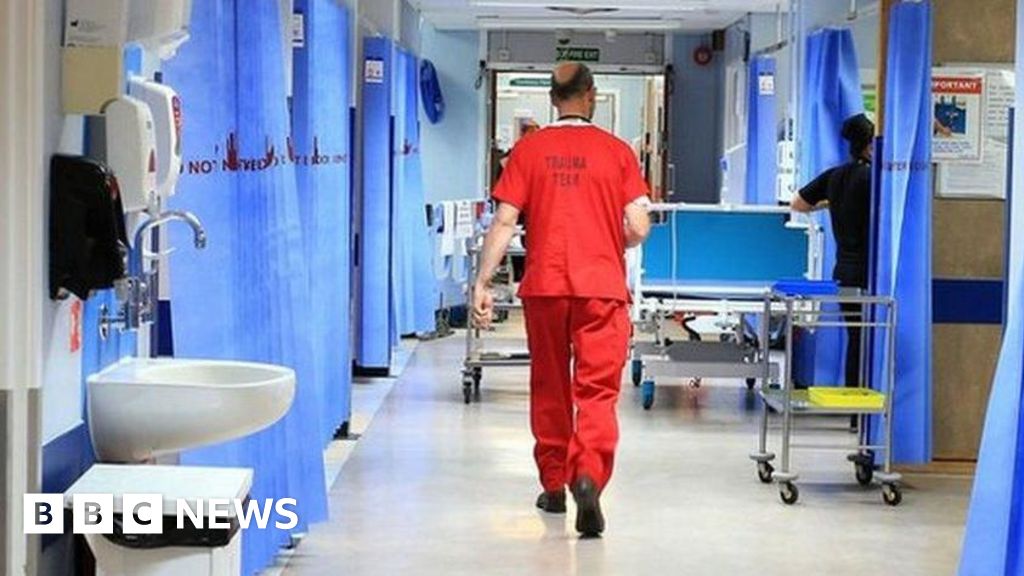Jamaica’s financial and Information and Communication Technology (ICT) systems are increasingly under attack, with cybercriminals targeting banks, financial institutions, and critical infrastructure. While there have been no definitive reports in Jamaica linking these attacks directly to food safety issues, experts warn that this growing cyber threat poses a significant risk to sectors beyond finance, including the food industry. The ripple effects of these breaches could disrupt food safety systems and undermine food security, affecting public health in unforeseen ways.
The Cyber ThreatIn recent months, Jamaica’s financial sector has seen a rise in cyberattacks, including ransomware, data breaches, and phishing schemes. Although no confirmed instances of food industry-specific breaches have been reported, the interdependence between financial and ICT systems means that these cyber threats could soon spill over into other industries. Food producers, distributors, and retailers rely heavily on financial systems to process payments and manage their operations, and any disruption to these systems could have serious implications for food businesses.

Financial instability caused by cyberattacks could directly affect the ability of food businesses to function. Without access to funds, or the ability to process payments, food companies may struggle to cover payroll or meet operating expenses. The longer these disruptions last, the greater the strain on food companies’ ability to maintain daily operations and adhere to food safety standards.
The Impact on Food Safety and SecurityLarge food safety systems are heavily reliant on technology to monitor everything from temperature controls, clean-in-place (CIP) systems, to production scheduling. Cyberattacks on financial and ICT systems could lead to interruptions in these critical safety measures. For instance, if funds are unavailable, food businesses may not be able to invest in the technology necessary for proper monitoring or certification.
Moreover, food safety inspections or certification processes could be delayed or cancelled, jeopardising public health. Without the resources to maintain proper food safety practices, businesses might be forced to cut corners, leading to potential contamination or unsafe handling of food. Cyberattacks on food safety systems are a hidden but growing risk that could threaten food security in the long term.
Cybersecurity Challenges for Workers and OperationsThe financial instability caused by cyberattacks can also have a direct impact on workers in the food industry. As businesses struggle with cash flow and other financial pressures, they may be forced to cut staff or delay wages. This can result in fewer workers available to enforce food safety protocols, creating gaps in oversight.
Inadequate staffing and reduced attention to food safety protocols may increase the risk of mishandling food, improper sanitation, and contamination — ultimately endangering public health.Supply Chain Disruptions: A Wider Threat to Food SafetyCyberattacks don’t just affect individual businesses; they pose a wider risk to the entire food supply chain. From farms and suppliers to manufacturers and retailers, the food industry is heavily reliant on digital systems to manage inventory, track food safety data, and ensure the efficient flow of goods.
If these systems are breached, even temporarily, it could cause significant delays in production and distribution.Cyber disruptions could result in shortages or supply chain bottlenecks, leaving consumers with limited access to safe food products. In the worst-case scenario, compromised systems could lead to the distribution of contaminated or unsafe food, increasing the risk of foodborne illness outbreaks.
Urgent Need for Stronger Cybersecurity MeasuresExperts are calling for immediate action to strengthen cybersecurity across all sectors. While cybersecurity measures are often seen as a concern for financial institutions, the interconnectedness of financial and ICT systems with food safety makes it essential to address vulnerabilities in both areas.Cybersecurity must be taken seriously not only in financial sectors but across all industries, particularly those that impact public health, such as food safety.
The vulnerabilities currently affecting the financial sector can easily spread to food businesses, and the potential consequences could be severe. To mitigate these risks, it is essential to adopt a comprehensive approach that includes stronger encryption, improved staff training, and significant investment in robust systems.As cyberattacks continue to escalate, Jamaica’s food industry must recognise the risks posed by these breaches to both financial and food safety systems.
Proactive steps must be taken to protect critical infrastructure, ensure the stability of financial systems, and safeguard public health. The time to act is now before the consequences become too severe to manage. Allison Richards is a food safety communicator and the founder of The Food Safety Girl, a consumer awareness platform dedicated to promoting food safety in Jamaica.
She is also the host of The Big Bite Food Safety Show, a radio programme that educates listeners on food safety issues. With over 14 years of experience in food safety regulation, Allison is passionate about empowering consumers and industry stakeholders to make informed choices that protect both health and the environment.Allison Richards thefoodsafetygirlja@gmail.
comJOL.
Health

A recipe for disaster: The hidden threat of cyberattacks on financial and ICT systems in Jamaica
















